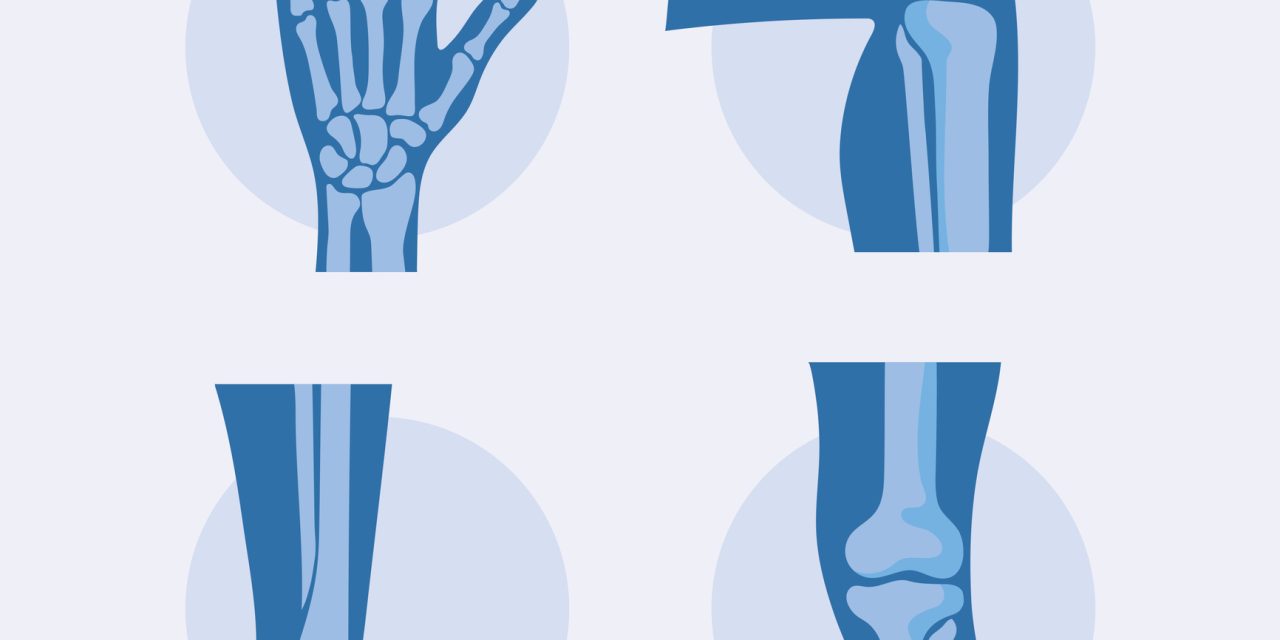Urinothorax is a cause of pleural effusion that is often missed due to its perceived rarity. Here, we present a case of urinothorax secondary to percutaneous nephrolithotomy resulting in lung collapse and death. This case highlights urinothorax as a cause of death, its biochemical profile, and diagnostic features on autopsy. A 39-year-old female presented to the ED with low back pain and dysuria. Abdominal and pelvic CT showed a large staghorn calculus in the right kidney which was then treated with percutaneous nephrolithotomy. On post-operative day (POD) 1, the patient was febrile, had decreased breath sounds, and complained of pain with deep inspiration. Chest x-ray revealed increased right pleural fluid. On POD 3, the patient continued to have difficulty breathing and was eventually found apneic. Resuscitation was unsuccessful. Autopsy revealed a collapsed right lung associated with a 1200 mL pleural effusion, which was cloudy, yellow, and smelled like urine. The cause of death was listed as complications of percutaneous nephrolitotomy, with urinothorax and collapse of lung. While rare, urinothoraces must be considered as a cause of pleural effusion due to risk of respiratory failure and death. Diagnosis relies on pleural fluid analysis and history, especially with regard to genitourinary obstruction and surgeries.
Death due to atypical urinothorax following percutaneous nephrolithotomy.


